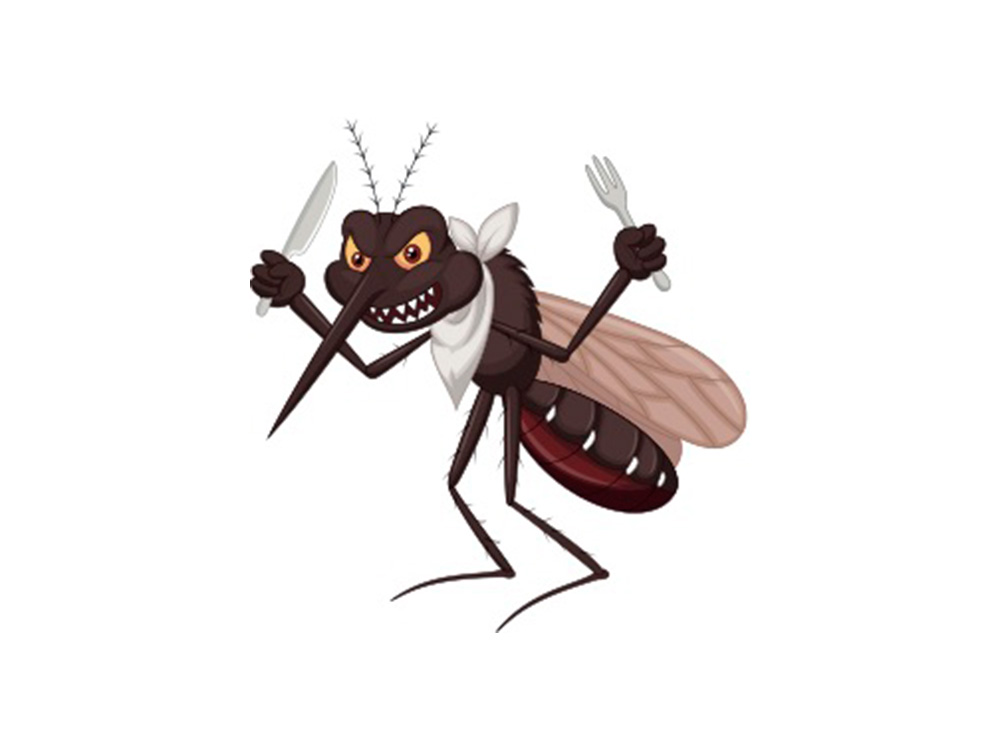His problem was that large, rich multinationals had developed another 2 mite products and bundled them up into a "super bug team"; the powerful 4 bug species that can assist in the war on produce. They were in a position to discount and/or add value for the buyer by getting four species of bugs for the price of two. Very clever on their part, it's just business, right? This has made it hard for our bug farmer as he is being priced out of the market. FYI a bug is worth .008c each and he ships in the 100,000s.
So on my recent trip up north, I randomly had the chance to get up close and personal with three small businesses. The first was the rose farm that I wrote about in a recent post. The second was even more out there; a mite farm! This innovative horticulturist provides biological controls for some of the most common bugs that destroy produce. Yep little critters that make the need for pesticides & other harsh chemicals null and void which puts him in direct competition with some of the biggest pharmaceutical companies in the world. Hence the title of this post! Interesting to say the least and certainly not one I've ever come across before. But despite the nature of this unique business I was still able to look at it with a small business coaching approach.
I was surprised that it too was going through very similar challenges of the rose farm and other more regular small businesses. Finding work life balance, hustling for the next customer and automating the automatable (my word) parts of the business were constant challenges and stopping this business from being able to do the necessary R & D it needed to keep on top of Big Pharma, its main competition.
So the farmer is a horticulturist who has taken advantage of a major gap in the market some 15 years ago. Bizarrely, I was Matt's (the farmer) SCUBA instructor many years ago. I had no idea he lived in the region and was informed about him by the rose farmers. Very small world.
Anyway, let's take a closer look at this classic David and Goliath story.
I think that the bleeding neck of this business (the thing that is most urgently needing attention) is sales. There needs to be a long term plan to build on the sales volume with multiple customers. This can be achieved by the mite man positioning himself as the expert in the field. As this is a one man band the only way to leverage opportunities is to be the authority in this market and create the process of people coming to him as the expert. This will not stop the effect of the price cutting but will in turn allow customers to feel they are dealing with the expert in the field as apposed to a sales person of a multi national company peddling package deals that are not part of their core or original business.
This can be developed by having a number of case studies of customers with the positive, profitable result in switching from pesticide to organic bug control.
These case studies can be turned into white papers and reports which are then published and made into articles for industry news and magazines, with a call to action embedded into the article,. Typically these local papers and magazines are looking for easy, already prepared editorials and news stories about local farmers that they can add to their publications.
So you would run a public relationship campaign with the intention of having a launch style product release. For example people could go to a link that is listed in the article to have a cost saving analysis report on biological vs chemical control sent to them. This is basically a link to a survey finding out how much they are currently spending on pesticides (for example) the type of bugs they are combating, size of farm and crop. Having a preformatted report that our farmer fills in the gaps to work out the cost saving with a trial option or setting up a call for a consultation on the phone enables you to collect contact details for follow up. This would use the farmer's strength of selling on the phone.
From here you would leverage the 1 to many model through established farmer associations. You would offer your product to association members with a value add. For example a long term or bulk order discount. The intention is to build the relationship with the customer, position yourself as an expert as you develop your product to directly compete with the bug bundle pricing model.
Then making the most of the information you have collected from your case study start an online marketing campaign that is highly targeted to address the client's problem that you know you have the solution to. This can be fully automated leaving more time for the follow up and expert building stuff.
Building on your position as the expert, you can then bring in the story of the "underdog"; how you are competing against the cheaper alternatives from apathetic, large corporates. This is only established once you have captured a good part of the market and once you have a steady flow of new client inquiries. Many people can relate to the underdog and want to support you.
